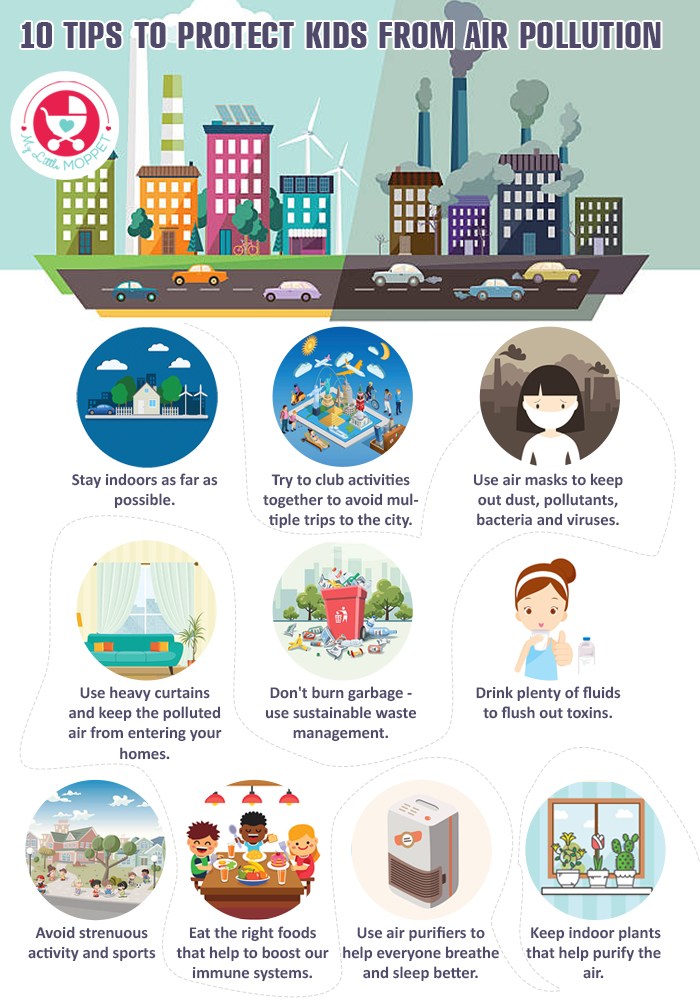Just How Weather Elements Influence Heat Pump Operations And Practical Actions To Address These Challenges
Just How Weather Elements Influence Heat Pump Operations And Practical Actions To Address These Challenges
Blog Article
Short Article Writer-Jacobs Maher
When it pertains to your heat pump, weather condition plays an important function in its efficiency. From freezing temperatures to sweltering heat, each component can affect how successfully your system operates. But what can you do to fight these weather-related challenges and ensure your heat pump is working at its finest? Stay tuned to find practical ideas and methods to maximize your heatpump's efficiency, no matter the weather it faces.
Climate Aspects Influencing Heatpump Effectiveness
Climate elements have a significant influence on the effectiveness of heat pumps. One essential aspect is temperature. Heatpump function by moving heat from outside to within during wintertime and the other way around in summer season. As temperature levels decrease, it comes to be harder for the heatpump to essence warm from the outdoors air, minimizing its efficiency.
An additional key element is humidity. High moisture levels can make it more tough for the heatpump to release warmth during the cooling procedure.
Additionally, wind rate plays a role. Strong winds can dissipate the heat taken in or released by the heatpump, impacting its overall performance.
Tips for Optimizing Heatpump Performance
To boost the performance and longevity of your heat pump, applying a few vital methods can make a substantial distinction in its performance.
Firstly, ensure routine upkeep by cleaning or replacing filters every 1-3 months to prevent airflow clogs and make the most of air movement. Additionally, routine annual professional inspections to find and deal with any type of prospective concerns early on.
Optimal thermostat settings also play an important duty. During the winter months, aim for a temperature setting that's as reduced as comfy, and during the summer, set it as high as comfortable to lower the workload on your heatpump. Utilizing a programmable thermostat can assist you immediately readjust setups based upon your schedule.
Furthermore, sealing leakages in ductwork and insulating air ducts in unconditioned areas can avoid energy loss and boost general system effectiveness.
Finally, consider mounting a wise thermostat that can discover your behaviors and readjust settings accordingly, further enhancing your heatpump's efficiency. By complying with these suggestions, you can guarantee your heatpump runs successfully and properly throughout the year.
Best Practices for Weatherproofing Your Heatpump
For optimum performance and performance of your heat pump, executing weatherproofing procedures is essential. Start by securing any type of spaces or splits around doors, windows, and ductwork to stop warmth loss and keep a regular indoor temperature.
Shield exposed pipes and air ducts to prevent freezing during winter and guarantee correct air flow. Consider installing a safety cover over the exterior unit to protect it from extreme climate aspects like snow, ice, and debris.
Regularly clicking here to get rid of dirt, leaves, and particles that can obstruct airflow and lower effectiveness. Additionally, keep the area around the heatpump free from snow, ice, and greenery to allow for appropriate air flow.
Final thought
Now that you recognize exactly how climate affects your heatpump efficiency, you can take aggressive actions to enhance its performance. By complying with https://www.military.com/podcasts/pcs-with-military/inside-scoop-working-movers-2-pcs-wendy-way-isabel-garcia-schmitt.html detailed in this short article, such as routine maintenance, thermostat adjustments, and weatherproofing measures, you can make certain that your heat pump operates at its best regardless of the weather. Remain ahead of the game and keep your home comfortable all year round.
